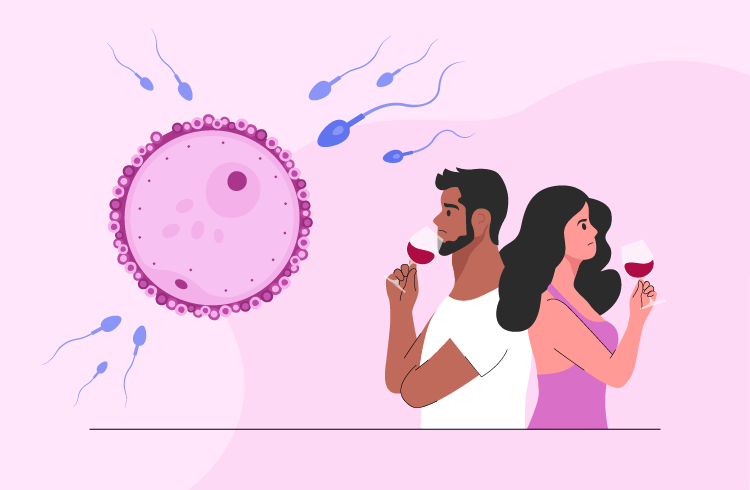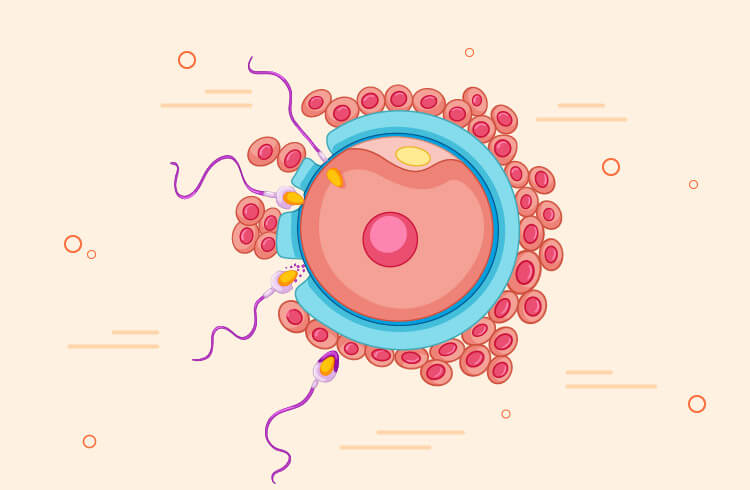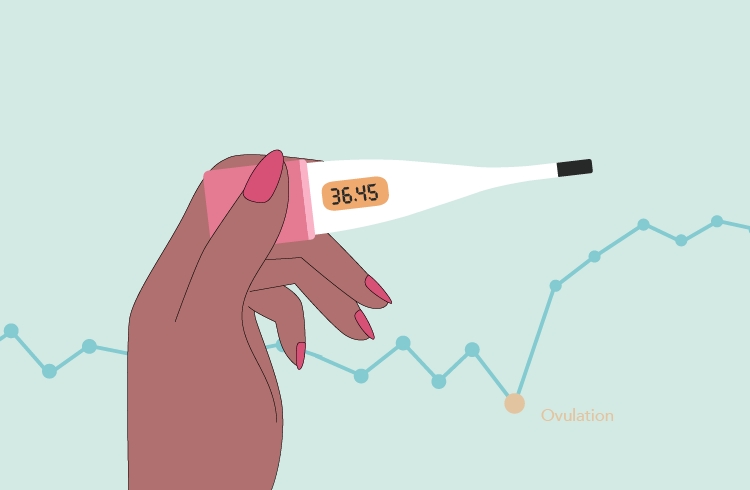Waiting is often tormenting when people are trying to conceive. Each cycle brings anticipation, hope, and sometimes disappointment. In the midst of this roller coaster of emotions, understanding the right timing of taking a pregnancy test is crucial. For many women, the concept of “days post ovulation” (DPO) is a guideline. But how many days after ovulation can you test for pregnancy? Let's delve deeper into this topic.
The Basics of Pregnancy Testing
Before we get into DPO, let's understand how pregnancy tests work. Most home pregnancy tests detect the presence of human chorionic gonadotropin (hCG) in the urine. This hormone is produced by the developing placenta after the embryo implants in the uterine lining, usually around 6-12 days after fertilization. The concentration of hCG increases rapidly in early pregnancy.
What is DPO?
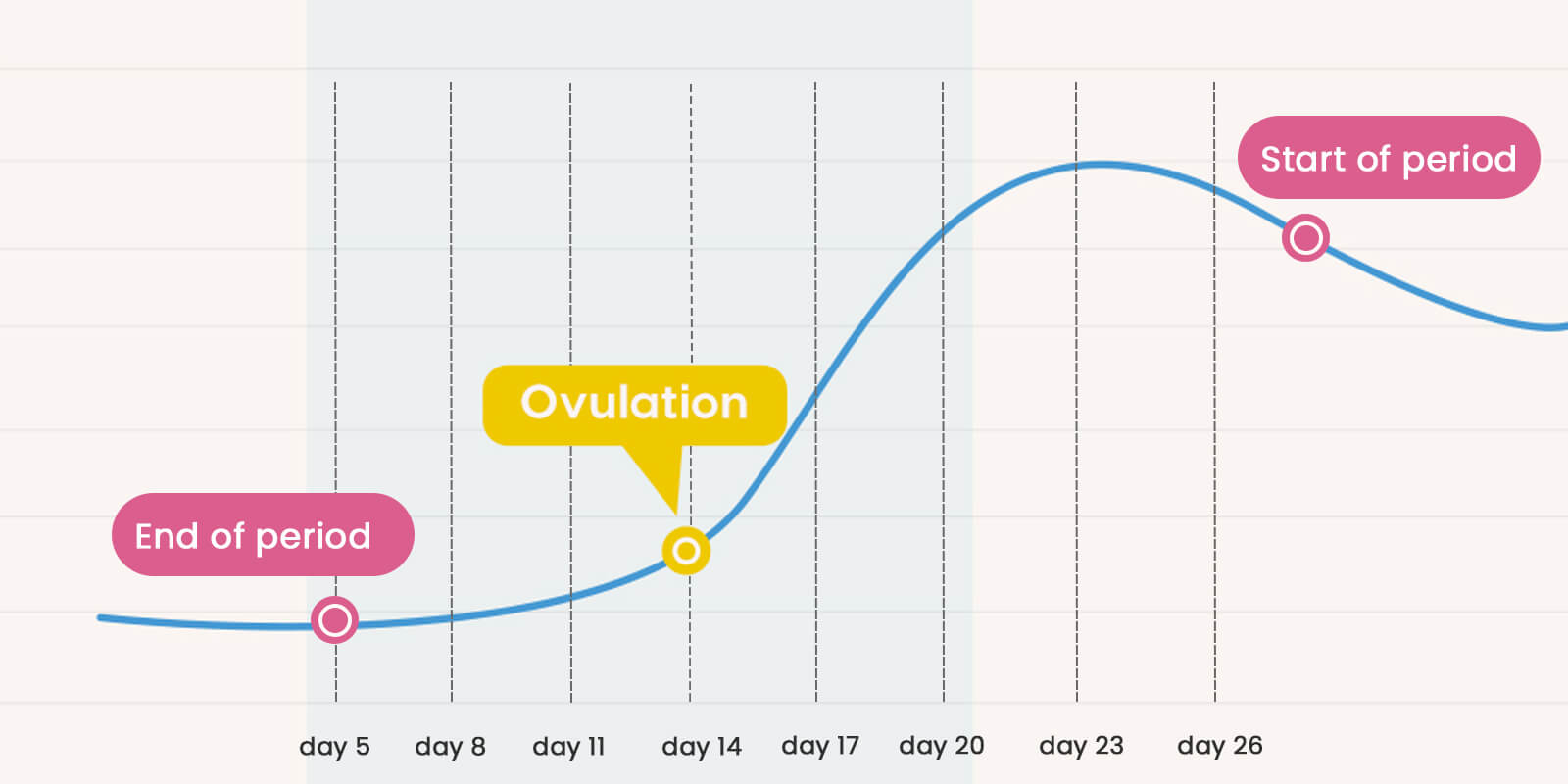
DPO stands for “Days After Ovulation”. It refers to the number of days after ovulation occurs. Ovulation, the release of a mature egg from the ovary, usually occurs around the midpoint of the menstrual cycle. For women with a 28-day menstrual cycle, ovulation usually occurs around day 14. However, the timing can vary depending on the length of the menstrual cycle and personal factors.
When Can You Test Positive for Pregnancy?
The ability to test positive for pregnancy depends on various factors, including the sensitivity of the pregnancy test, the concentration of hCG in the body, and the timing of implantation.
Early Testing
Some women are eager to test for pregnancy as early as possible, even before their missed period. While some sensitive pregnancy tests claim to detect hCG levels as low as 6.5 mIU/ml (milli-International Units per milliliter) of urine, the accuracy of these tests can vary. Testing too early may result in a false negative, as the concentration of hCG may not be sufficient for detection.
Typical Testing Window
For most women, the most reliable time to test a pregnancy is after the missed period. By this time, hCG levels should be high enough to be detected by most home pregnancy tests. Testing on the day of your expected period or a few days after can yield accurate results for many women.
Testing by DPO
If you're tracking your cycle closely and know the approximate date of ovulation, you can estimate when implantation might occur and when hCG levels may rise high enough for detection. Generally, testing around 12-14 DPO can provide reliable results for most women. However, it's essential to remember that implantation can occur anytime from 6 to 12 days post-ovulation, and hCG levels may take a couple of days to rise significantly after implantation.
Related product: Femometer Ring 1.0 for Ovulation Tracking
Factors That May Influence the Testing Results
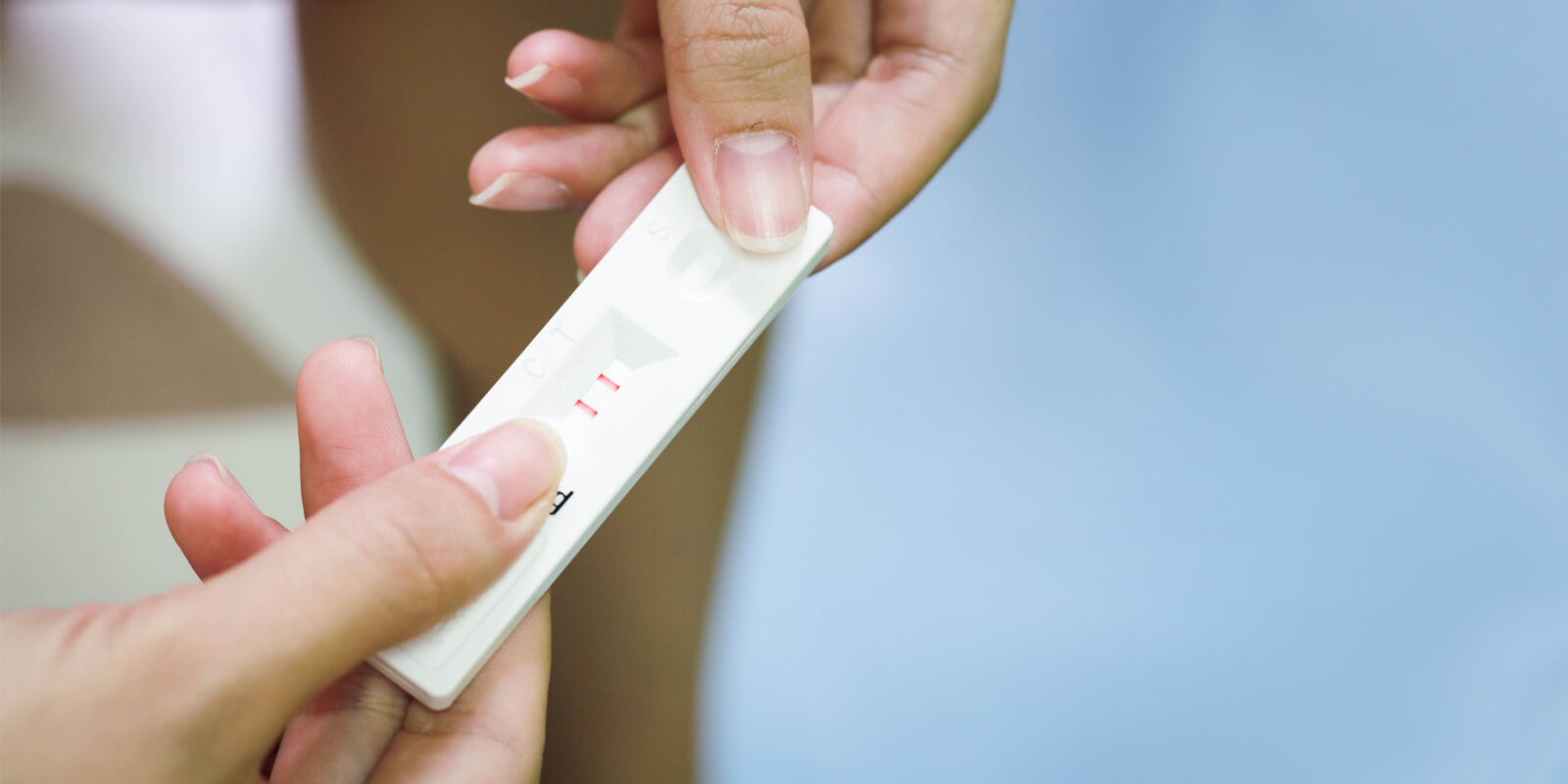
Variability
Every woman's body is unique, and implantation and hCG production can vary from one pregnancy to another. Factors such as the health of the embryo, the uterine environment, and individual hormone levels can influence the timing of hCG production.
Early Signs of Pregnancy
While waiting to test, some women may experience early signs of pregnancy, such as breast tenderness, fatigue, nausea, or implantation bleeding. These symptoms can provide clues but are not definitive proof of pregnancy.
Follow-up Testing
If you receive a negative result but suspect you might be pregnant, consider retesting after a few days. Sometimes hCG levels may not rise enough for detection initially but may increase sufficiently over time.
Final Thoughts
Understanding the dynamics of pregnancy testing and the concept of DPO can empower you to make informed decisions during the conception journey. While early testing can be tempting, waiting until after your missed period or around 12-14 DPO generally provides more reliable results. However, it's essential to listen to your body, trust your instincts, and seek medical advice if you have concerns about your fertility or pregnancy. Remember, every woman's fertility journey is unique, and patience is often key in this process of conception and pregnancy detection.
This article is the original creation of Femometer. All rights reserved by Femometer Inc. To reproduce, distribute, or reference the content, please reach out to us in advance to prevent any potential legal issues. Copyright © Femometer Inc.

-can-you-test-positive-banner-pc.png)



